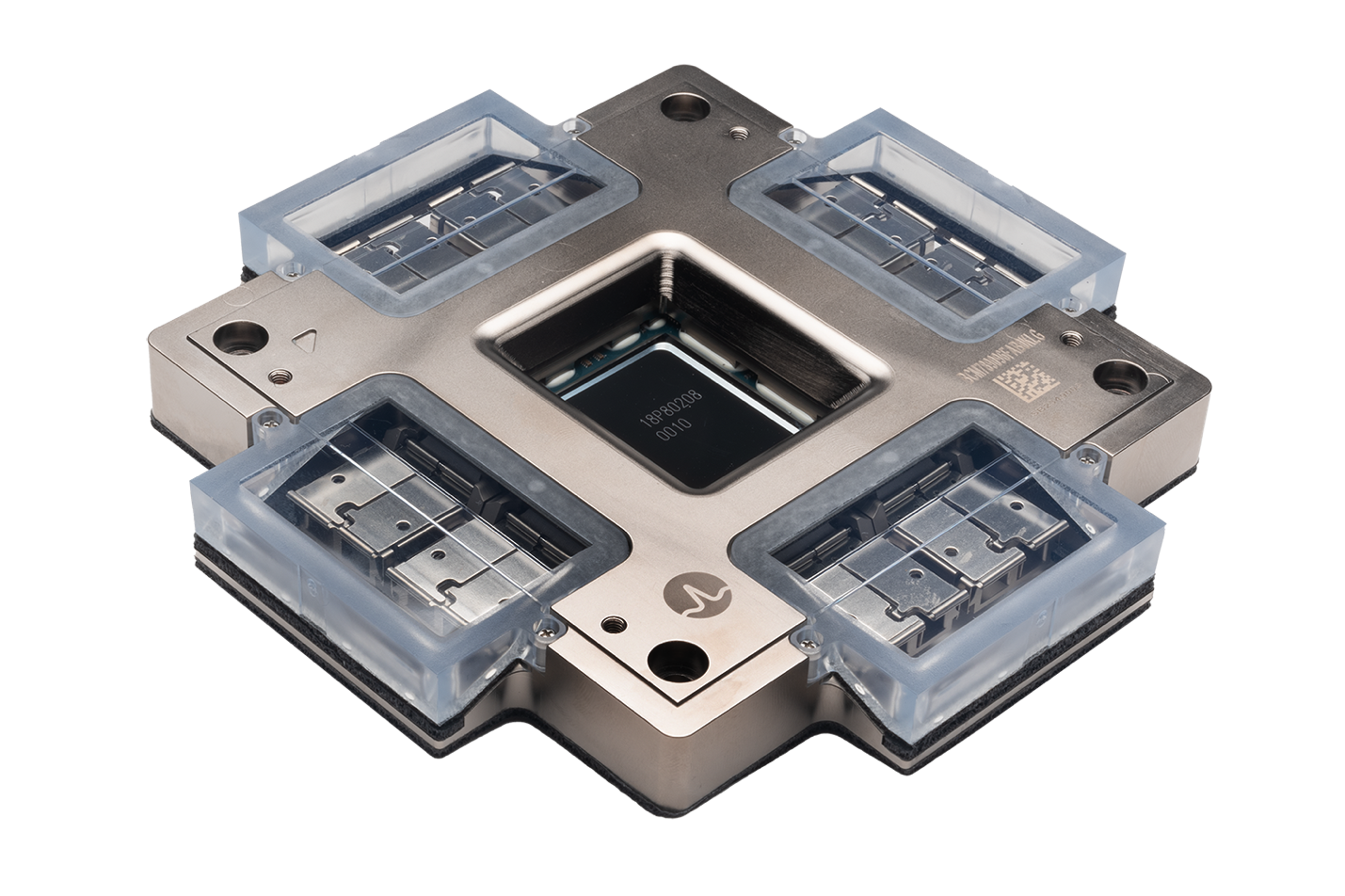Pretend for a moment that you're getting ready to expand your data center. You installed your new hardware enclosures, you have...
Pretend for a moment that you're getting ready to expand your data center. You installed your new hardware enclosures, you have the new switches and servers on order, and are now getting ready to run your structured cabling to patch panels to connect it all. Hopefully, you’ve planned ahead and will be installing cables that are labeled.
Properly labeling your network cables can be critical for a successful installation, as well as for your network in the long run. Using labeled cables helps prevent people from unplugging the wrong cable at the wrong time, which means you lose money and face downtime (which nobody wants).
For Now
If you’re not one to label the cables yourself, you can purchase cables that are already labeled to your specifications. Knowing where each cable needs to run just by reading the label, saves your field technician from spending valuable time sorting and labeling, and prevents a heavy long cable from being pulled by the wrong end.
And Later
Having your cables labeled can also come in handy years after an install. If you hire a new installer, or your network administrator leaves the company, it helps the new person easily pick up where the others left off, resulting in a simple task and not a complicated mess.
Best Practices
What labels are best to use, and what should you have written on each? The labels themselves should be high-quality that are waterproof, won’t smear, rip or scratch. Using printed characters, not handwritten, ensures they’re easy to read and won’t wear off.
What you put on each label is up to you. It can be a personal preference, or you can follow the TIA-606 voluntary standard, which establishes the labeling standards in industrial, residential and healthcare facilities.
These standards recommend that you include on each label link identifiers that show the exact location the cable is running to and from. This information could include the floor number, closet, rack, patch panel, and port.
For example, 2B.5-13.08/2B.1-1.24 tells us that the cable is run from the 2nd floor, closet B, rack 5, patch panel 13/port 8 to rack 1, patch panel 1/port24. This detail gives you exact specifications on where this cable runs to and from. Imagine the troubleshooting headache this can eliminate when you need to trace a cable!
How We Can Help
At CABLExpress, we provide our customers with the opportunity to have their cables, copper or fiber, pre-labeled. This way, they won’t need to purchase a costly label maker that they will only use once or take the time to make the labels and put them on each cable. We have labels in multiple colors, fonts and can use whatever labeling scheme you choose, including bar codes. Organizing your layer one infrastructure with clearly labeled cables makes management simple, something you’ll thank yourself for later.
Recent Posts
Introduction: A New Chapter in Optical Connectivit
Low-loss fiber connectivity is essential for...
Starting a data center hardware upgrade is a...
Posts by Tag
- data center (12)
- Fiber Optic Cables (11)
- Cabling (7)
- NETWORKING (6)
- Structured Cabling (6)
- Fiber Optic Cabling (5)
- Fiber Cable (4)
- Networking Cables (4)
- Fiber Cables (3)
- Hardware Security (2)
- IT Infrastructure (2)
- Port Replication (2)
- Sustainability (2)
- AI (1)
- Brocade (1)
- Carbon Offsetting (1)
- Data Security (1)
- FCOE Works (1)
- ICLs (1)
- IT Equipment (1)
- IT Network (1)
- IT infrastructures (1)
- POE (1)
- Switches (1)
- Tapped Holes (1)
- data centers (1)
- hardware (1)
- infrastructure (1)
- storage (1)
- strategy (1)
Popular Posts
Why does the gauge matter in my network’s racks?...
High dB loss in fiber optic cabling...
Let’s look at the construction of fiber optic...








